Contributed by Robin Chalas in #41247.
In Symfony 5.1 we introduced a new security authentication system as an experimental feature. Twelve months after its introduction, and having been tested by many developers in real applications, we’re confident enough to mark it as stable and recommend using it in all Symfony applications. That’s why we made the decision to deprecate the old authentication mechanism and also deprecate the Guard component in Symfony 5.3. This change came a bit late (during the Release Candidate phase) and some of you might be unaware of it. The new authentication system changes the internals of Symfony security to make it more extensible and more understandable. It’s mostly backwards compatible with the previous Guard-based system, with some important exceptions:
Anonymous users no longer exist; If you use more than one authenticator, you must configure the authentication entry point; The authentication providers are refactored into Authenticators.
All this is explained in the new authentication system docs, which also explains how to create your own custom authenticator. Thanks to these changes, we’re finally happy with the Symfony security authentication system, and we hope to use it to implement many interesting new features in upcoming Symfony versions.
Sponsor the Symfony project.Autentifică-te pentru a adăuga comentarii
Alte posturi din acest grup
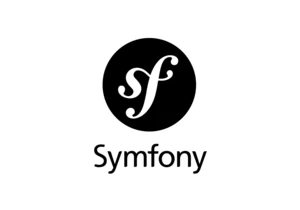
Today we are happy to announce a new Symfony initiative called Symfony AI - with the goal to provide a comprehensive set of components and bundles designed to bring powerful AI capabilities directly i
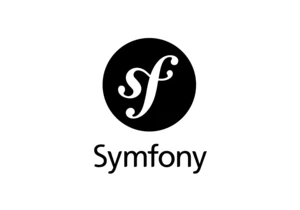
SymfonyCon Amsterdam 2025, our next annual international Symfony conference, will take place on:
November 25 & 26: 2 workshops days with several topics to learn, practice and improve your skills
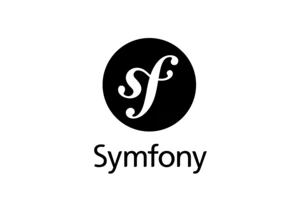
This week, development on the upcoming Symfony 8.0 version continued with the removal of deprecated features and the marking of several classes as final. In addition, we published two new case studies
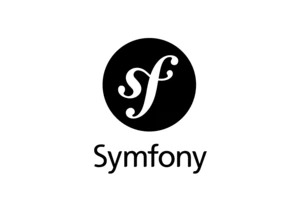
At Wide, Micropole’s digital agency, they help leading brands modernize their digital infrastructures while ensuring scalability, security, and performance. When Audi France approached them to migrate
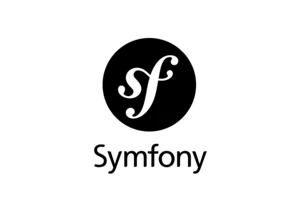
Vente-unique.com, a leading European online retailer of furniture and home decor, operates in 11 countries, powered by a team of 400 professionals and serving more than 3 million customers. From 15 ye
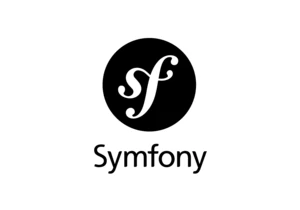
This week, Symfony 6.4.23, 7.2.8 and 7.3.1 maintenance versions were released. Meanwhile, the upcoming Symfony 7.4 version continued adding new features such as better controller helpers, more precisi
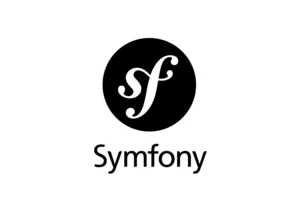
Symfony 6.4.23 has just been released. Read the Symfony upgrade guide to learn more about upgrading Symfony and use the SymfonyInsight upgrade reports to detect the code you will need to change in you
